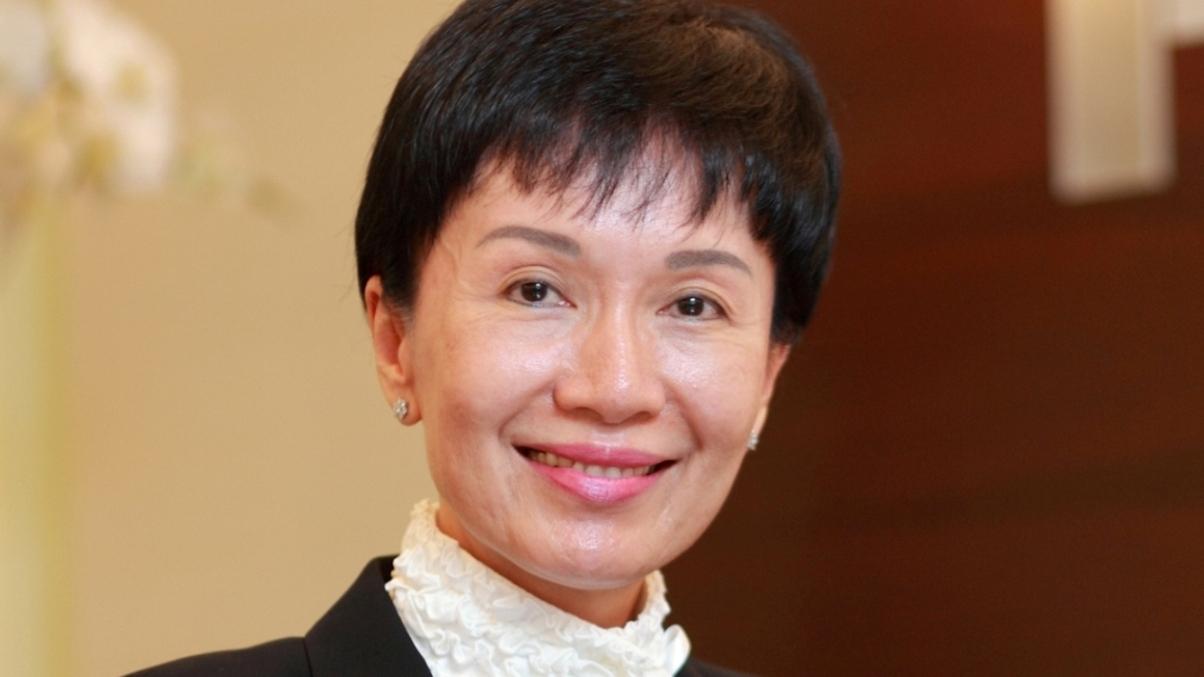New law may entice more trust firms to HK
Updates to Hong Kong's trust law for the first time in almost 80 years will encourage trust companies to set up shop here. Yet the city must focus on attracting young talent.

New updates to Hong Kong’s trust law could help boost the city’s industry as it strives to catch up with rival wealth hub Singapore, say industry players.
Sign in to read on!
Registered users get 2 free articles in 30 days.
Subscribers have full unlimited access to AsianInvestor
Not signed up? New users get 2 free articles per month, plus a 7-day unlimited free trial.
¬ Haymarket Media Limited. All rights reserved.


